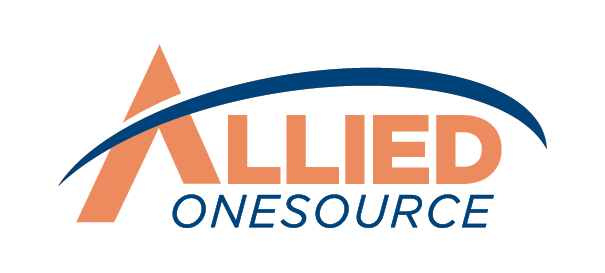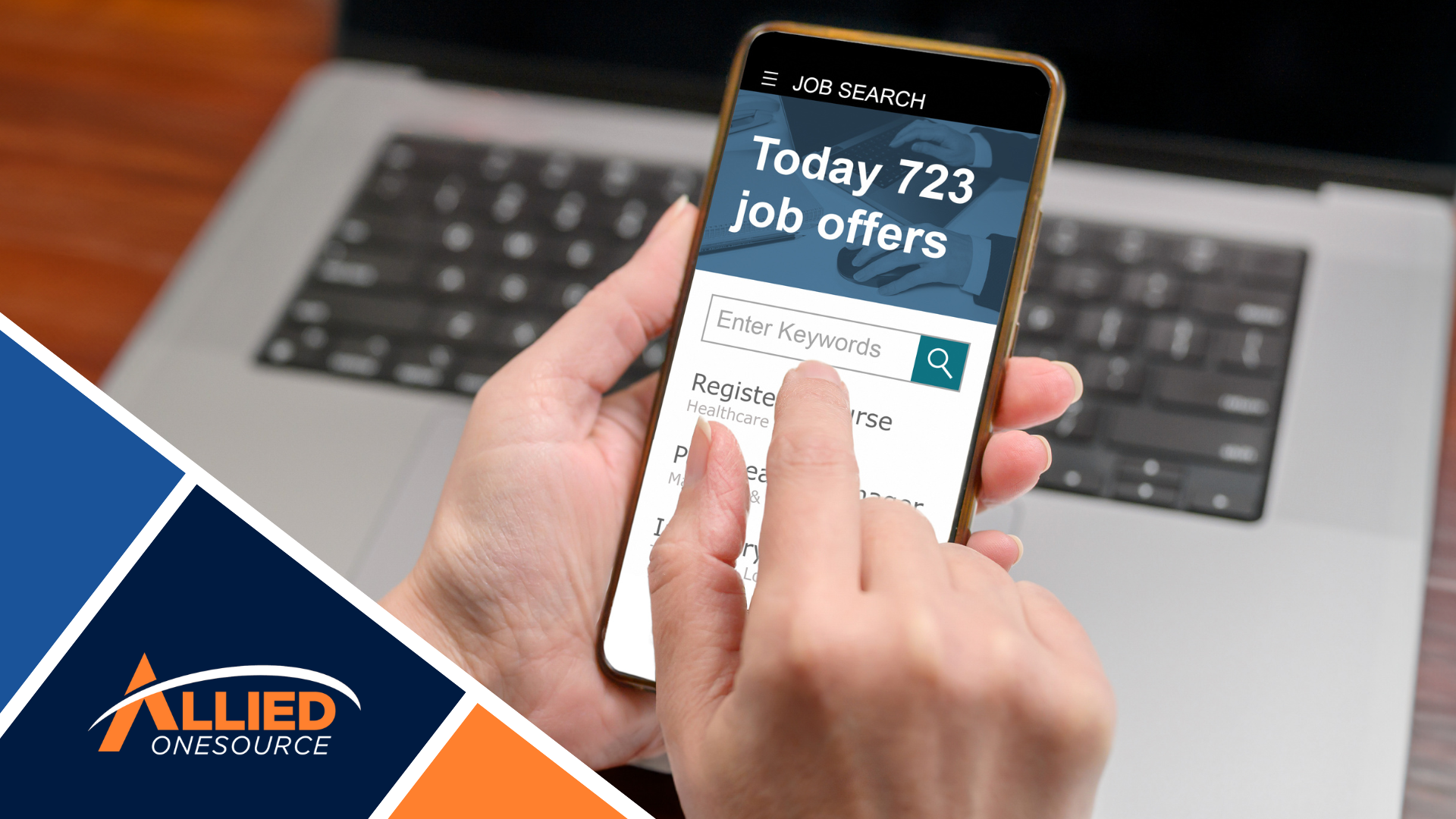HRIS and Payroll Powerhouse: 6 Essential Skills for Building a High-Performing HR Team
Managing human resources operations efficiently is crucial to keeping your business running smoothly, and HR software (HRIS) plays a key role in this. However, many businesses struggle with fully leveraging these tools due to a gap in expertise. This gap can lead to costly errors, compliance issues, and inefficient workflows.
To ensure your company maximizes the benefits of HRIS, it's essential to have HR personnel who are proficient not just in people management but also in the software that keeps your HR processes streamlined and compliant. How? We’ll outline the key skills your HR staff need to drive efficiency and ensure your HR systems work for your business.
The Importance of HR Software in Effective HR Operations
Ever wondered how top companies manage their workforce so efficiently? Implementing an HRIS (Human Resources Information System) system helps streamline HR functions by handling:
- Employee data management
- Payroll processing
- Benefits administration
- Time and attendance tracking
- Reporting and analytics
HRIS frees up your HR team from paperwork, allowing them to focus on what really matters - your people and your business strategy.
Let's put this into perspective. Say you're running a manufacturing plant with complex shift schedules. With HRIS, you can optimize workforce planning, ensuring you have the right people at the right time without overstaffing. The result? Improved productivity and reduced labor costs.
However, HRIS is more than just automating tasks. It's a goldmine of data. Want to know why your top talent is leaving? Or which recruitment channels bring in the best performers? HRIS can give you these insights, helping you make smarter decisions about your workforce.
Essential Skills for HR Professionals to Build a High-Performing Team
HRIS is only as good as the people using it. That's why having skilled professionals is essential because they turn the data from these tools into actionable strategies that move your business forward.
1. Software Proficiency
For HRIS software to truly benefit your business, your HR team must be adept at using these tools. Proficiency in HRIS systems is critical for ensuring smooth operations, from talent acquisition and managing employee records to processing payroll.
Skilled HR candidates can leverage software features to automate tasks, reduce errors, and maintain up-to-date employee information. This expertise enhances operational efficiency and significantly improves the employee experience by ensuring accurate and timely payroll and benefits administration.
Read More: 5 Essential Automation and Artificial Intelligence Skills for HR Professionals
If your HR team is proficient with tools like SAP, Workday, or ADP, they can handle complex payroll calculations and benefits administration efficiently. This reduces the risk of costly mistakes and ensures employees are paid correctly and on time, contributing to a positive employee experience.
Read More: 7 Key Benefits of Outsourcing Your Payroll
2. Data Analysis
Strong data analysis skills allow your HR team to identify trends, uncover patterns, and generate actionable insights. This can lead to better decision-making and improved employee experience.
For example, analyzing data on employee turnover can reveal why staff leave and highlight areas for improvement. This insight enables you to develop targeted retention strategies and optimize training programs, making your HR practices more effective and aligned with your business goals.
Data analysis is crucial for making your HR initiatives effective. By assessing training outcomes, you can pinpoint which programs deliver the best results. For example, if data shows that customer service reps who take a conflict resolution course have higher satisfaction ratings, you should prioritize this training for all new hires.
Additionally, analyzing productivity and engagement metrics can reveal key insights. These insights can help you enhance work environments and boost overall performance, directly impacting your bottom line.
3. Compliance Knowledge
Applicants with strong compliance knowledge are crucial for protecting your business from legal risks and maintaining your company's reputation. As employment laws and regulations evolve, having an HR team well-versed in compliance is essential.
Compliance-savvy HR staff minimize legal risks by ensuring your practices adhere to current labor laws, reducing the threat of costly lawsuits or penalties. They maintain accurate records, which is crucial during audits or legal disputes, and develop company policies that align with current regulations.
These professionals master complex scenarios, from terminations to disability accommodations, while staying within legal boundaries. They keep you updated on regulatory changes, ensuring your practices remain compliant. For example, when expanding, they ensure you meet all local employment laws, including wage and benefits requirements.
4. Communication
Effective communication builds trust and keeps everyone aligned. It prevents misunderstandings and fosters a positive workplace, especially in diverse teams and industries where language barriers or skill gaps might arise.
When evaluating communication skills in HR candidates, look for clarity, empathy, and adaptability. Effective HR candidates should:
- Be Clear and Concise: They should convey information straightforwardly and avoid jargon, ensuring all team members understand key messages.
- Show Empathy: They need to handle sensitive issues with understanding and respect, fostering a supportive environment.
- Adapt to Diverse Audiences: They should be able to adjust their communication style to fit different audiences, from team members to senior management.
Strong communication skills are crucial for resolving conflicts, explaining policies, and ensuring smooth operations across various teams and roles.
Read More: 4 Takeaways from Global Companies Leading with Exceptional Culture
5. Problem-Solving Abilities
In HRIS, problem-solving abilities are crucial for troubleshooting technical issues, optimizing system performance, and adapting to new updates or features. For instance, if there's a discrepancy in payroll data, a skilled problem-solver can quickly identify the root cause and implement solutions to prevent future errors, potentially saving your company from significant financial and reputational damage.
Moreover, these skills extend beyond technical issues. HR candidates with strong problem-solving abilities can address organizational challenges more effectively. They can analyze data from your HRIS to identify trends in employee engagement, turnover, or productivity and develop targeted strategies to address these issues.
This proactive approach helps maintain a positive work environment and significantly improves your company's performance.
6. Adaptability
Adaptable HR staff can quickly adjust to new technologies, processes, and regulations, ensuring your company stays competitive and compliant.
Adaptable professionals can efficiently navigate system updates, new features, or even transitions to entirely new platforms. This flexibility minimizes downtime and maximizes the return on your HRIS investment.
For example, if your HRIS provider rolls out a major update, adaptable HR staff can quickly learn and implement new functionalities, potentially improving your HR processes without disrupting daily operations.
An adaptable HR team can also provide insightful feedback for enhancing talent management processes and improving systems. Their ability to navigate and optimize HR tech ensures that your HR functions remain efficient and responsive to business needs, helping your company stay competitive and agile in a dynamic environment.
ALLIED ONESOURCE CAN HELP YOU BUILD A HIGH-PERFORMING TEAM
Allied OneSource has the expertise to bridge the gap between your staffing needs and qualified candidates. By partnering with us, you gain access to a vast network of pre-screened talent tailored to your specific industry requirements.
With over 50 years of experience, we understand the unique challenges faced by HR professionals in call centers, machine operations, and management, and we are here to help you build a high-performing team that drives success. Schedule a consultation with us to get started!










